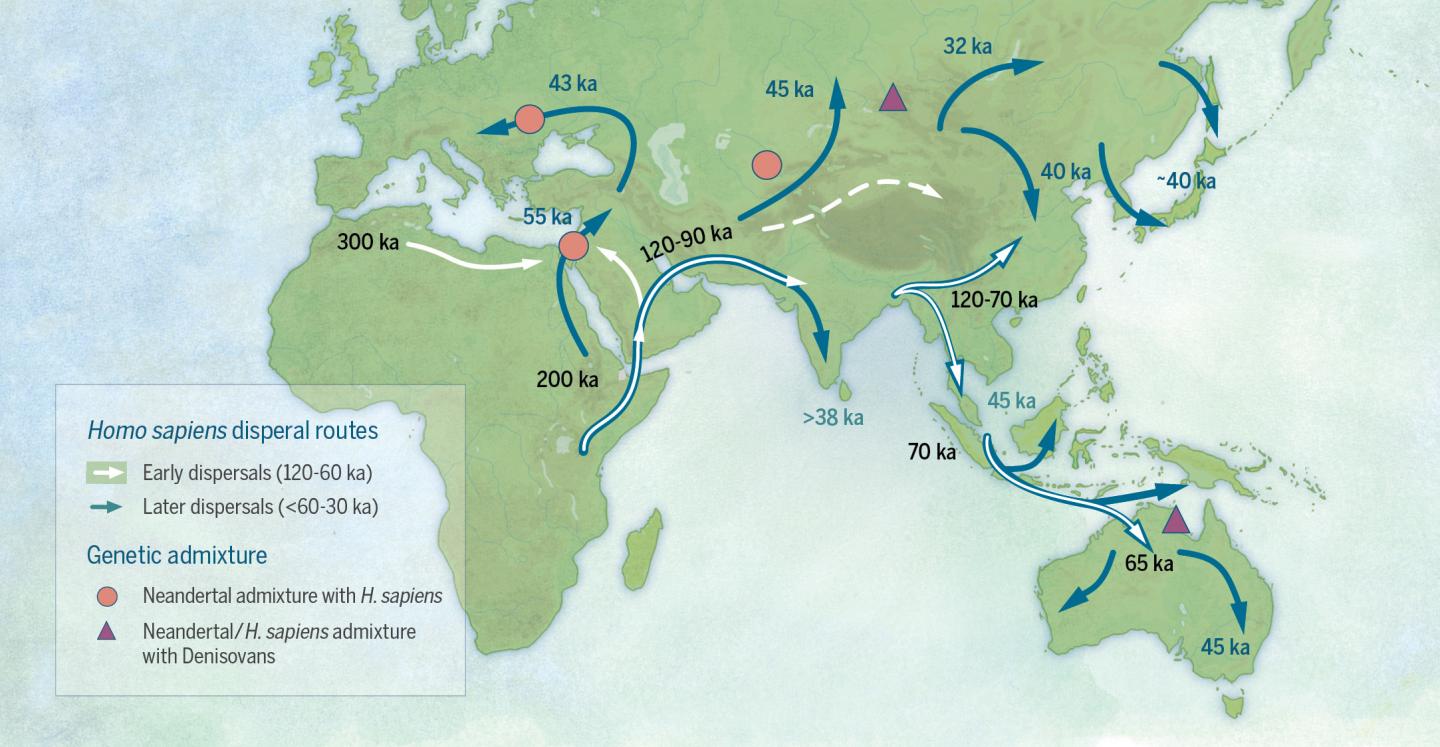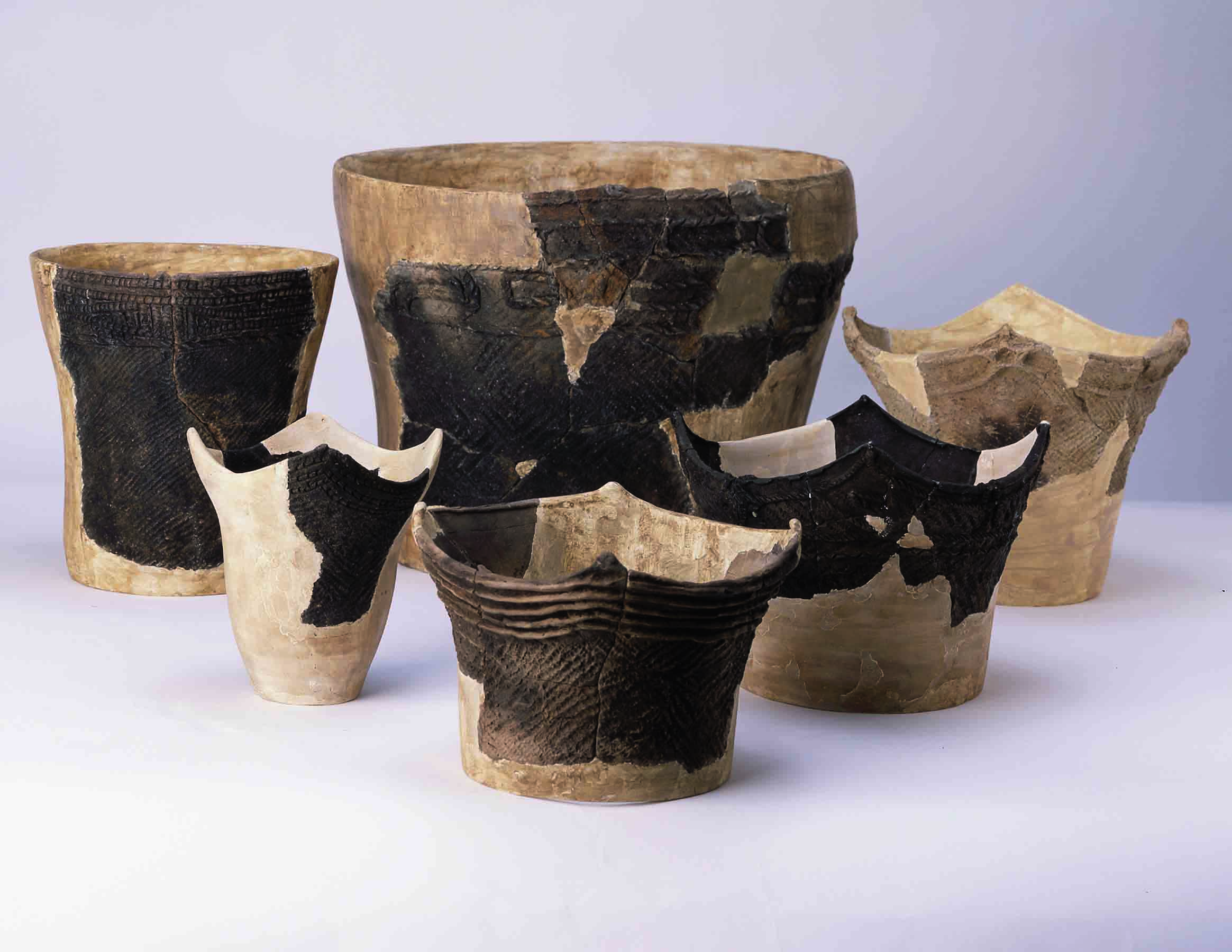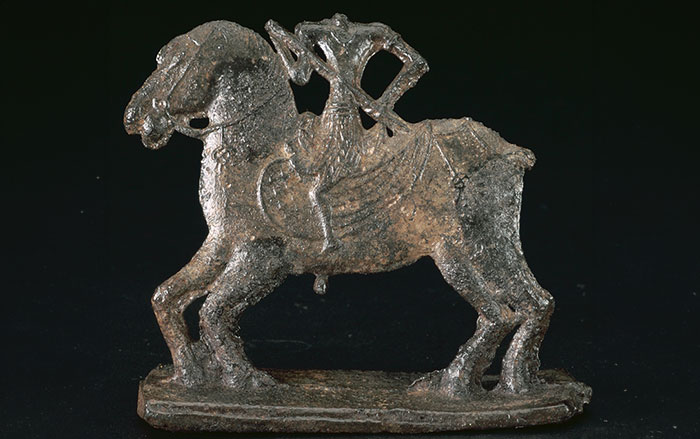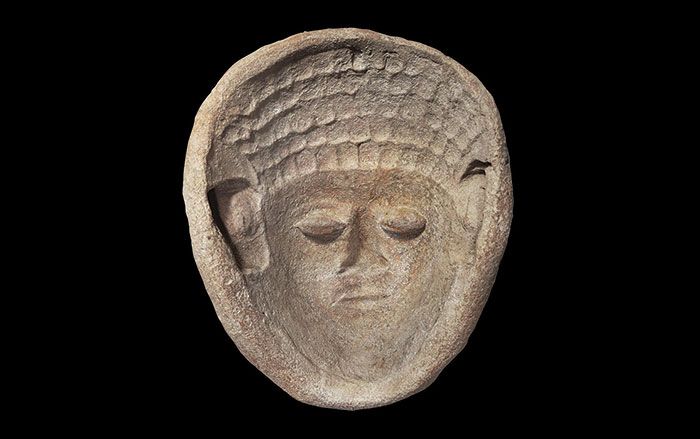
MANOA, HAWAII—The “Out of Africa” theory suggests that a wave of modern humans left Africa some 60,000 years ago to spread across Eurasia. But according to an International Business Times report, an international group of researchers suggests that humans may have started leaving Africa as early as 120,000 years ago, based upon a review of DNA evidence, and the analysis of newly discovered fossils from around the world. Among those fossils are Homo sapiens remains dating between 70,000 and 120,000 years ago found in southern and central China, and Homo sapiens remains, dated to more than 60,000 years ago, recovered in Southeast Asia and Australia. The earliest African travelers may have been small groups of foragers, explained Michael Petraglia of the Max Planck Institute for the Science of Human History, who may have eventually mixed with other species in Eurasia, such as Neanderthals and Denisovans. For more, go to “Turning Back the Human Clock.”











